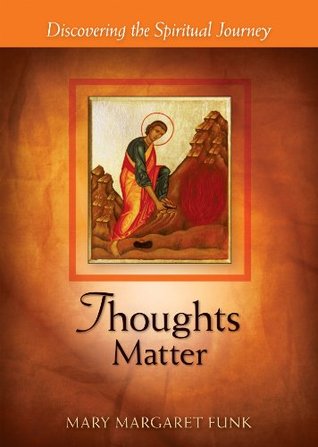Kindle Notes & Highlights
Read between
October 15 - November 2, 2017
The leaving is for the sake of returning.
Withdrawal in love purifies the heart. Withdrawal with hate agitates it.
“Dash your thought against a rock.” The
the true riches of old men are not to be measured by gray hairs but by the diligence of their youth and the rewards of their past labors (Conf. 2.13). Cassian
“You are being too hard on yourself. All harsh voices in your mind are not of God.”
The myth of creation is played out in miniature in the monastery: The monk and the abbot play the roles of creature and Creator, respectively. The monk promises to renounce the “ways of the world” and return to God, reversing the myth of the Garden of Eden and reordering life entirely in order to seek God. The Genesis account of creation and the fall recounts the act of man’s disobedience, of wanting to be like God. Man is initially at home with God and, after the fall, becomes homeless, wanders the earth, and seeks only to return home. The monastery symbolizes a second chance to live a
...more
Being mindful of God’s presence is, in fact, the interior work of my soul.
The exterior work of my body provides the form through which I attend to my desire to forge an urgent relationship with God, one that will last for all eternity but starts in the here and now. Work, therefore, is prayer
God is imprinted in our hearts and we have access to him through our remembrance.
God is closer to us than we are to ourselves. The faith-filled person makes a personal resolution,
“The eye of the soul is deprived of the light of right judgment and discretion,”
The goal of the seeker is purity of heart. God created me and, if I am a seeker, my desire is to return to God who is love.
The positive form of the active life is to practice the virtues instead of the vices.
This stage is more about fidelity to the life and staying focused on seeking God.
“Accept me, O Lord, and I shall live. And do not be confounded in my expectations.”
Therefore, anger must be entirely rooted out.
The sun should not set on wrath because, “as in a murky night,” my anger will rise stronger than before.
First, depression is the result of previous anger. Second, dejection springs from a desire for gain that has not been realized;
The third point of origin is more mysterious. Dejection seems to afflict the victim without any apparent reason.
Acedia is weariness of the soul. My heart is distressed.


